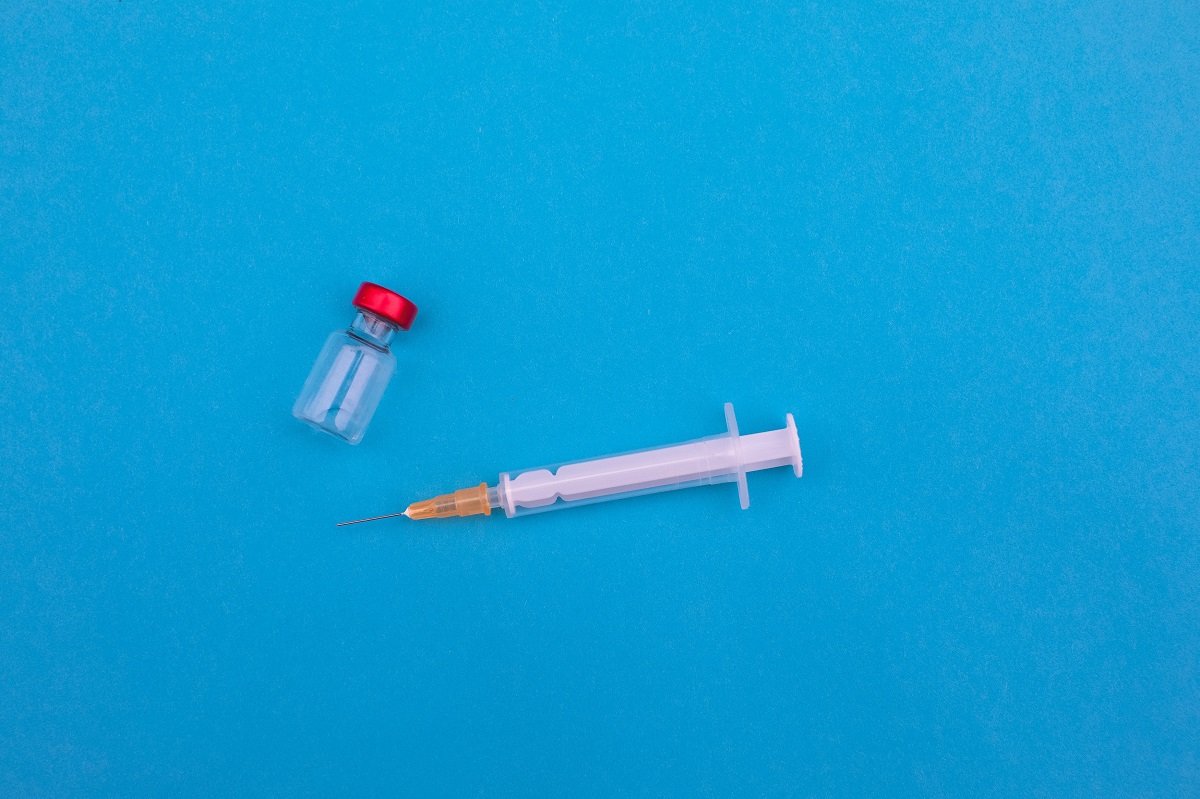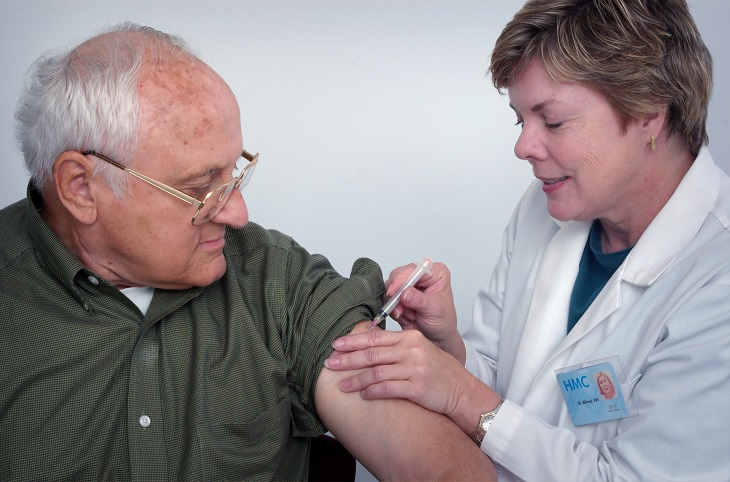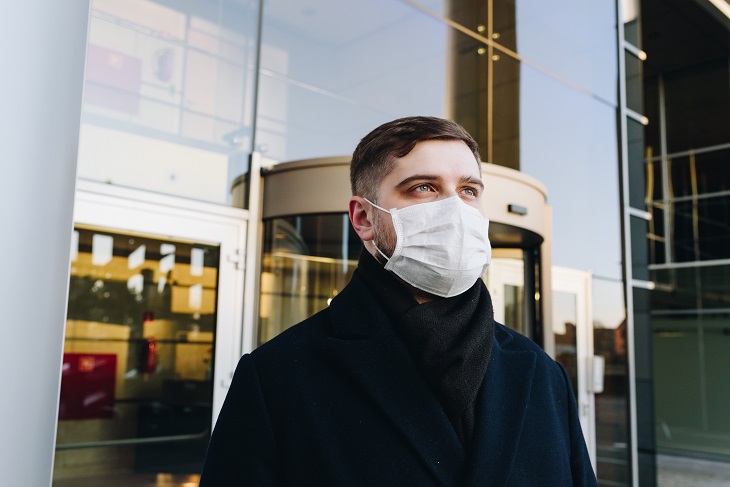Can I Drive After Getting A Vaccine?

The COVID-19 virus has impacted pretty much everything about our way of living, so it makes sense that the vaccine is so important to moving our country towards a return to normalcy. But because there hasn’t been a mass vaccination effort of this magnitude in recent years, it seems most people are left with many questions about the vaccine. You might be wondering, “How do I get a vaccine appointment?” or “Can I drive after getting a vaccine?” Here’s a breakdown of some common questions about the vaccination process.
What is the COVID-19 vaccine?
The coronavirus vaccine, currently being distributed by two drug companies called Pfizer and Moderna, consists of two shots that you need either three or four weeks apart (depending on the manufacturer). The shots are administered in your arm, just like a flu shot, by a medical professional or pharmacy worker.
The vaccine was developed to help give people immunity to the coronavirus, and it went through multiple clinical trials to ensure its safety. It’s believed that the vaccine is effective in up to 90–95% of people. That means that only a small percentage of individuals who receive the vaccine will end up contracting the virus in the future. The vaccine also helps to make it so that if people do contract the virus, they won’t end up being as severely affected by it.

Who can get a vaccine?
The vaccine manufacturers have done successful clinical trials on adults age 18 and up, so anyone who’s not a child or younger teenager can benefit from the current vaccine options. There are still trials being conducted to see whether the vaccine is safe for pregnant or breastfeeding women.
Right now, most states have begun to vaccinate their frontline healthcare workers and their elderly population (typically over 65 years of age). It will likely be several more months before the general population will have access to the vaccine.
Where can you get a vaccine?
At this time, the rollout of the vaccine to US citizens depends greatly on the specific state you live in. Some states, such as California, have implemented drive-through vaccinations at locations with large parking lots (such as Dodger Stadium) so that people can get in and out quickly.
Head to the Centers for Disease Control (CDC) website to get directions on what sites to head in order to get an appointment for a vaccine if you’re in one of the eligible categories. Those sites can be divided by state or even by county; they’ll inform you what locations near you are distributing the vaccine and how you can sign up for an appointment.
Can the COVID-19 vaccine cause side effects?
There are a few things to keep in mind if you’re wondering what to expect after the COVID vaccine. Firstly, it is extremely rare for anyone to have a serious reaction to the vaccine (especially if you’ve never experienced negative reactions to other vaccines in the past). In a few very rare cases, people have gone into anaphylactic shock and needed to get a dose of medicine from an EpiPen and visit a hospital.
For most people, side effects are milder and can consist of a slight fever, headaches, and chills. Some people will experience pain or swelling at the injection site. Typically, the pain is similar to what you feel after getting a flu shot. In most cases, these symptoms will dissipate within 24 hours.
Is it safe to drive after getting a vaccine?
For most people, driving after getting the vaccine won’t be a problem. At most vaccine sites, they’ll have you wait around 15 minutes before leaving to make sure you’re not having any side effects from the shot. However, if you’ve had allergic reactions to prior vaccines, you might want to have someone else drive you, just to be on the safe side.

What can I do to stay safe from COVID before and after getting a vaccine?
Before and after getting your vaccine, it’s essential that you wear a mask when out in public and keep social distancing (at least six feet away from people outside your household). It will take a large percentage of the population to be vaccinated before there’s any kind of herd immunity, so we’ll all definitely need to continue being cautious until this happens.
Find out more about getting vaccinated by going to the CDC website or your specific state’s health department website. Don’t forget to report any negative side effects you might experience to your doctor, and then keep wearing a mask for the near future, even if you’ve been vaccinated.
Featured image by Markus Spiske on Unsplash